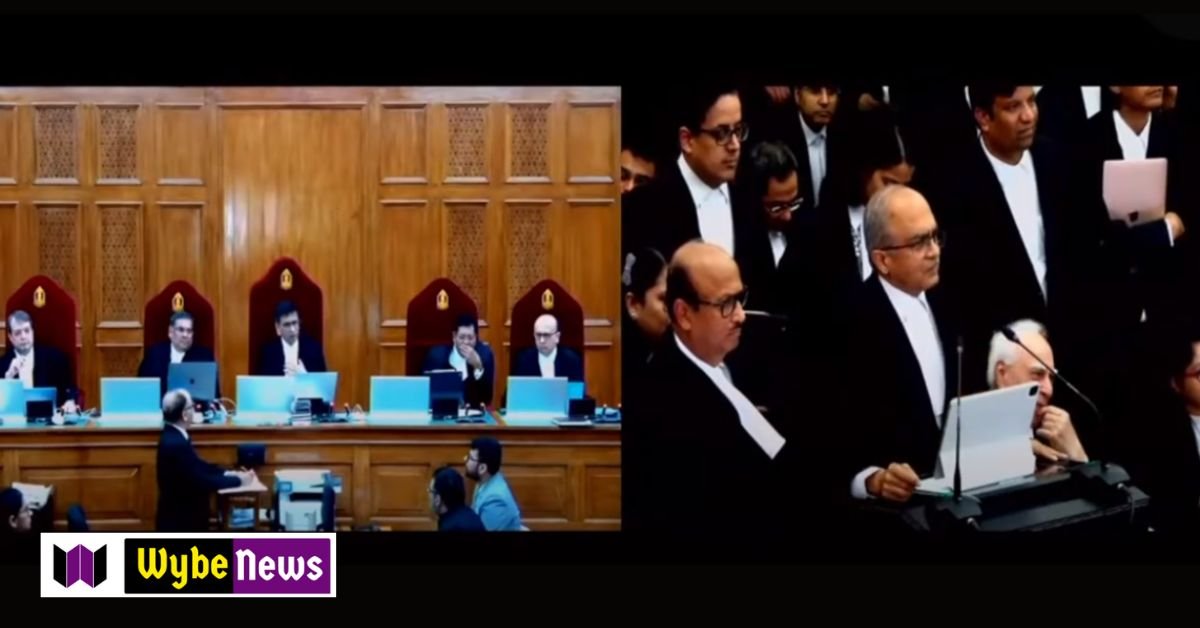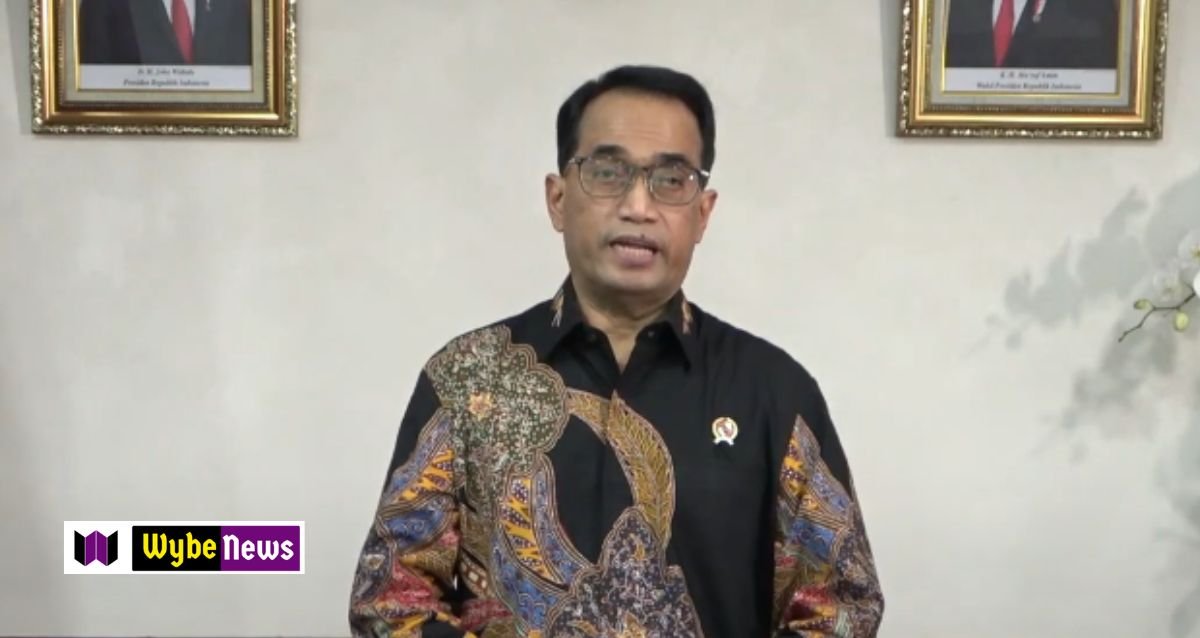Supreme Court Orders SBI to Disclose Electoral Bond Details by March 21

In a significant development regarding electoral transparency, the Supreme Court has directed the State Bank of India (SBI) to provide comprehensive disclosure of all electoral bond details, including unique bond numbers revealing connections between buyers and recipient political parties, by March 21. This decision comes as part of ongoing proceedings related to electoral bonds.
A five-judge bench headed by Chief Justice D Y Chandrachud reiterated the apex court’s earlier verdict in the electoral bonds case, emphasizing that the SBI should not be selective in its disclosure and must adhere to the court’s directives without delay.
The Election Commission of India (ECI) took a proactive step by uploading digitized data received from the Supreme Court registry regarding electoral bonds on its website on March 17. This move aims to enhance transparency surrounding political funding.
According to the latest data shared by the EC, the ruling Bharatiya Janata Party (BJP) at the Centre has received the highest amount of funds through electoral bonds since their introduction in 2018, totaling ₹6,986.5 crore. This is followed by West Bengal’s ruling party, Trinamool Congress, which received ₹1,397 crore, and the Congress party with ₹1,334 crore. The Bharat Rashtra Samithi (BRS) also received significant funding, totaling ₹1,322 crore.
Earlier on March 15, the EC released the first detailed data on electoral bonds after sourcing it from the State Bank of India, following the Supreme Court’s directive to submit data to the EC.
Electoral bonds have been a subject of contention, with concerns raised about their impact on transparency and accountability in political funding. Critics argue that the anonymity provided by electoral bonds undermines the integrity of the electoral process, as it allows for potentially undisclosed influence over political parties.
The Supreme Court’s directive to the SBI to disclose all electoral bond details, including unique bond numbers, signifies a significant step towards addressing these concerns and enhancing transparency in political funding. As the March 21 deadline approaches, stakeholders will closely monitor the extent of disclosure and its implications for electoral transparency and accountability in India.






